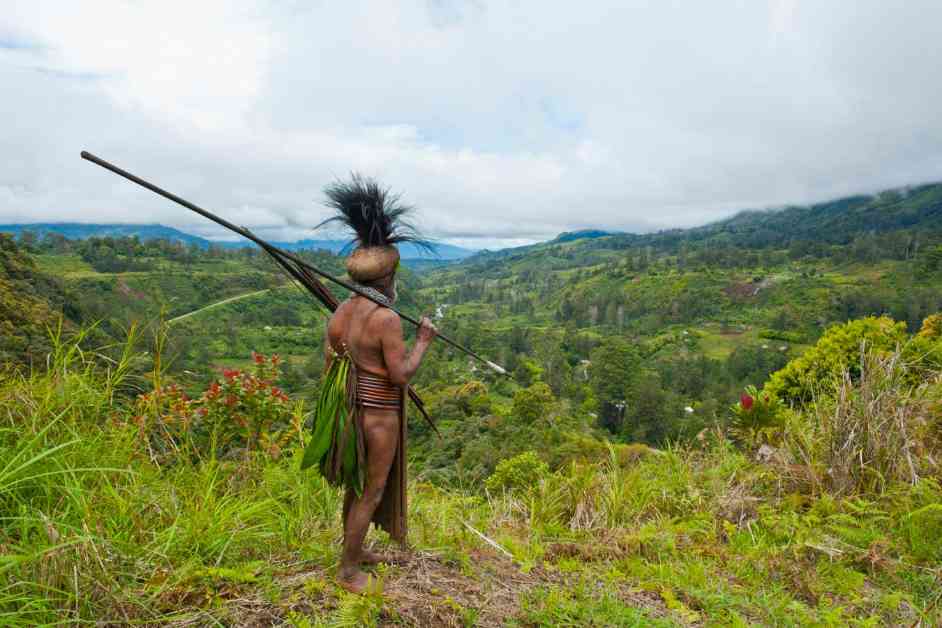Humans living in different regions of Papua New Guinea have unique gene variants inherited from Denisovan archaic humans. These gene variants suggest that modern humans may have adapted to lower oxygen levels and higher risks of malaria in their respective environments.
The Denisovans were ancient human relatives who lived in various parts of eastern Eurasia for many years. During their time in these regions, they developed genetic variations that allowed them to thrive in different climates and conditions. When Homo sapiens migrated out of Africa, they interbred with Denisovans and other ancient human species, acquiring some of these advantageous genetic traits.
In Papua New Guinea, researchers have found that populations living in the highlands and lowlands have distinct frequencies of Denisovan genetic variants. This suggests that these populations have evolved unique adaptations to their specific environments. For example, those living in the highlands, where oxygen levels are lower, may have genetic traits that help them cope with reduced oxygen availability. On the other hand, populations in the lowlands, where malaria is more prevalent, may have genetic variations that provide some protection against the disease.
Understanding how these Denisovan genetic variants influence modern human adaptation can provide valuable insights into human evolution and our ability to thrive in diverse environments. By studying these genetic variations, scientists can gain a better understanding of how different populations have adapted to specific challenges, such as high altitudes or infectious diseases.
This research highlights the importance of genetic diversity in human populations and how ancient DNA can help us unravel the mysteries of our evolutionary history. By studying the genetic legacy of our ancient ancestors, we can uncover valuable information about the genetic adaptations that have allowed humans to survive and thrive in various environments around the world.
Overall, the study of Denisovan DNA in modern humans offers a fascinating glimpse into our evolutionary past and how genetic variations have shaped human populations over time. By unlocking the secrets hidden in our DNA, researchers can continue to shed light on the complex and remarkable story of human evolution.






